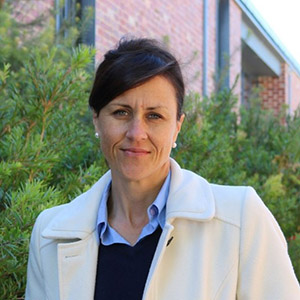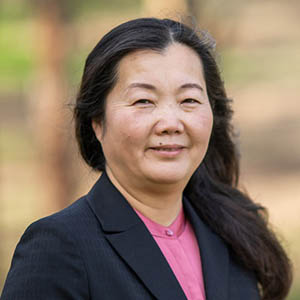Connect and collaborate
We are looking for researchers, students, funding and partners to help take our research to the next level.
Remote sensing technology is currently used across various agricultural and environmental contexts but challenges remain. The expense and technical complexity of the technology often limits uptake by land managers, while complex natural systems make it difficult to distinguish weeds from other vegetation, especially during early stages of weed growth.
There is a need for those engaging in weed remote detection to access educational information and connect with others also working in this space to share learnings, resources and expertise.
Project name:
Weed managers guide to Remote Detection: Understanding the opportunities and limitations of multi-resolution and multi-modal technologies for remote detection of weeds in heterogenous landscapes (2021 - 2025)
Funding Support: Department of Agriculture, Water and Environment, $589,525
Our aim is to help land managers to effectively understand and use available and emerging remote sensing technologies for weed detection and provide a facility for them to access resources and connect with others in this field, thereby facilitating increased uptake and use of the technology to detect and manage weeds in various landscapes.
We are working with weed management experts from across agricultural and environmental fields to test the limits of current remote sensing technology for detecting weeds in diverse ecosystems, thereby improving mapping and monitoring of weed populations and achieving more effective on-ground weed management.
We have developed a website to host the “The Weed Managers Guide to Remote Detection”, a set of guidelines reporting the learnings, outcomes and results of our recent project investigating the limitations and opportunities of this technology for detecting weed species in different environments. The website provides links to the newly established weed remote community of practice (WRS CoP), a community built to improve interactions between researchers, governments, natural resource management groups and a range of end-users to share learnings, provide advice and develop further research into remote weed detection. Pathways for accessing image libraries and models and a series of recent publications and case studies are also provided.
Access the Weed Managers Guide to Remote Detection Guidelines



We are looking for researchers, students, funding and partners to help take our research to the next level.